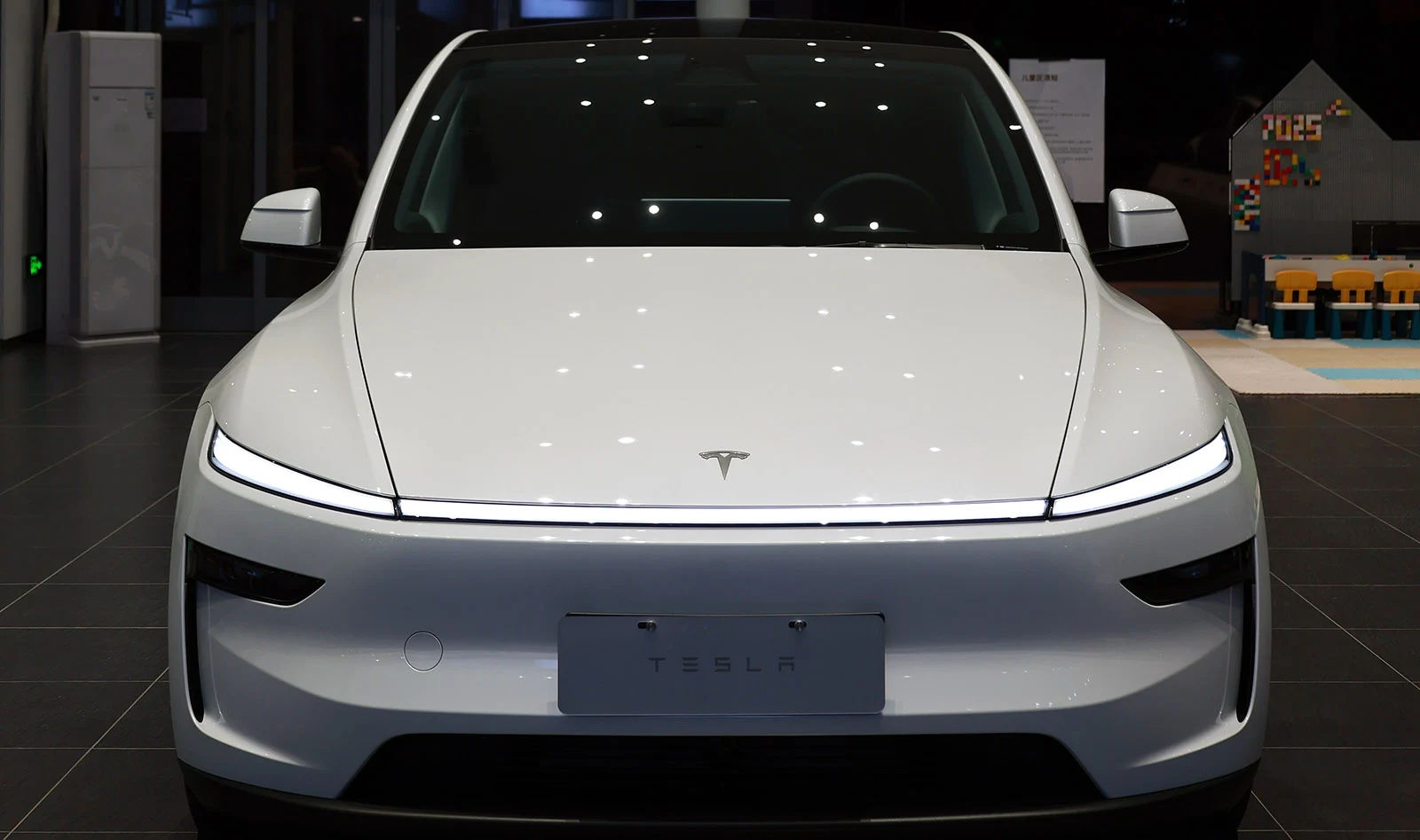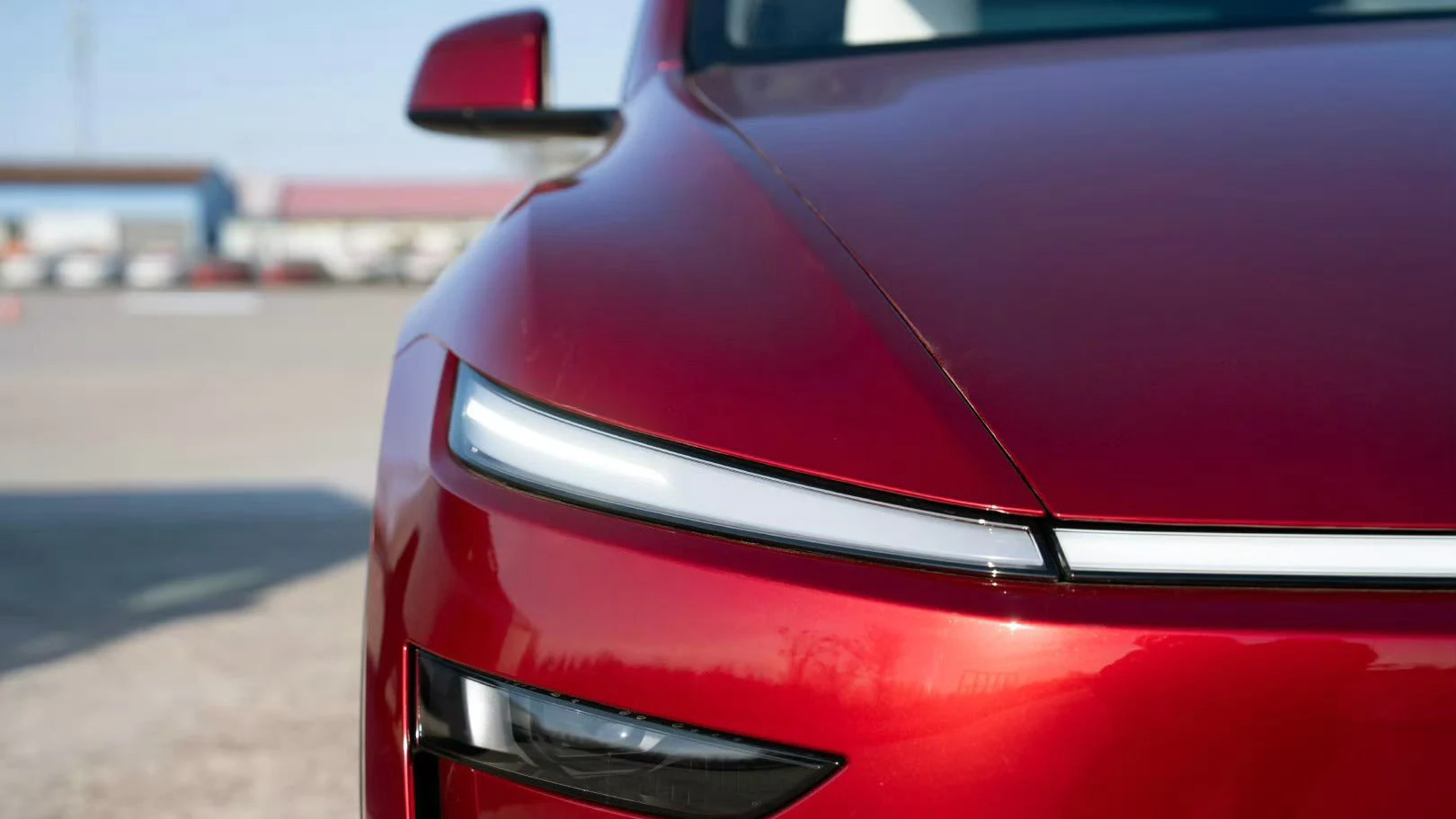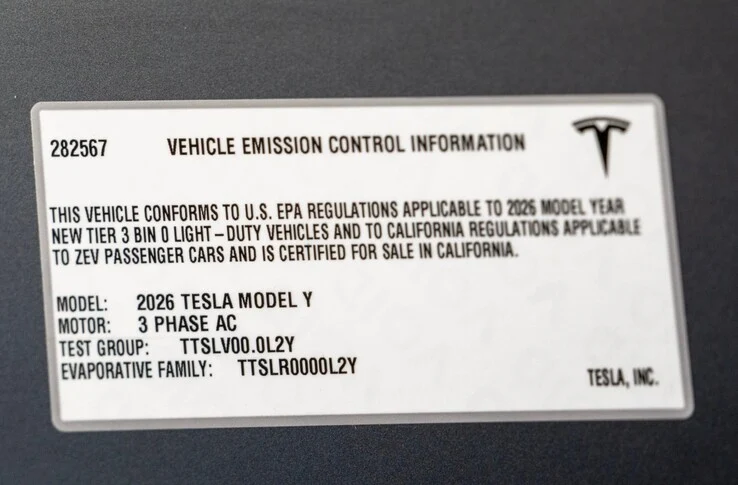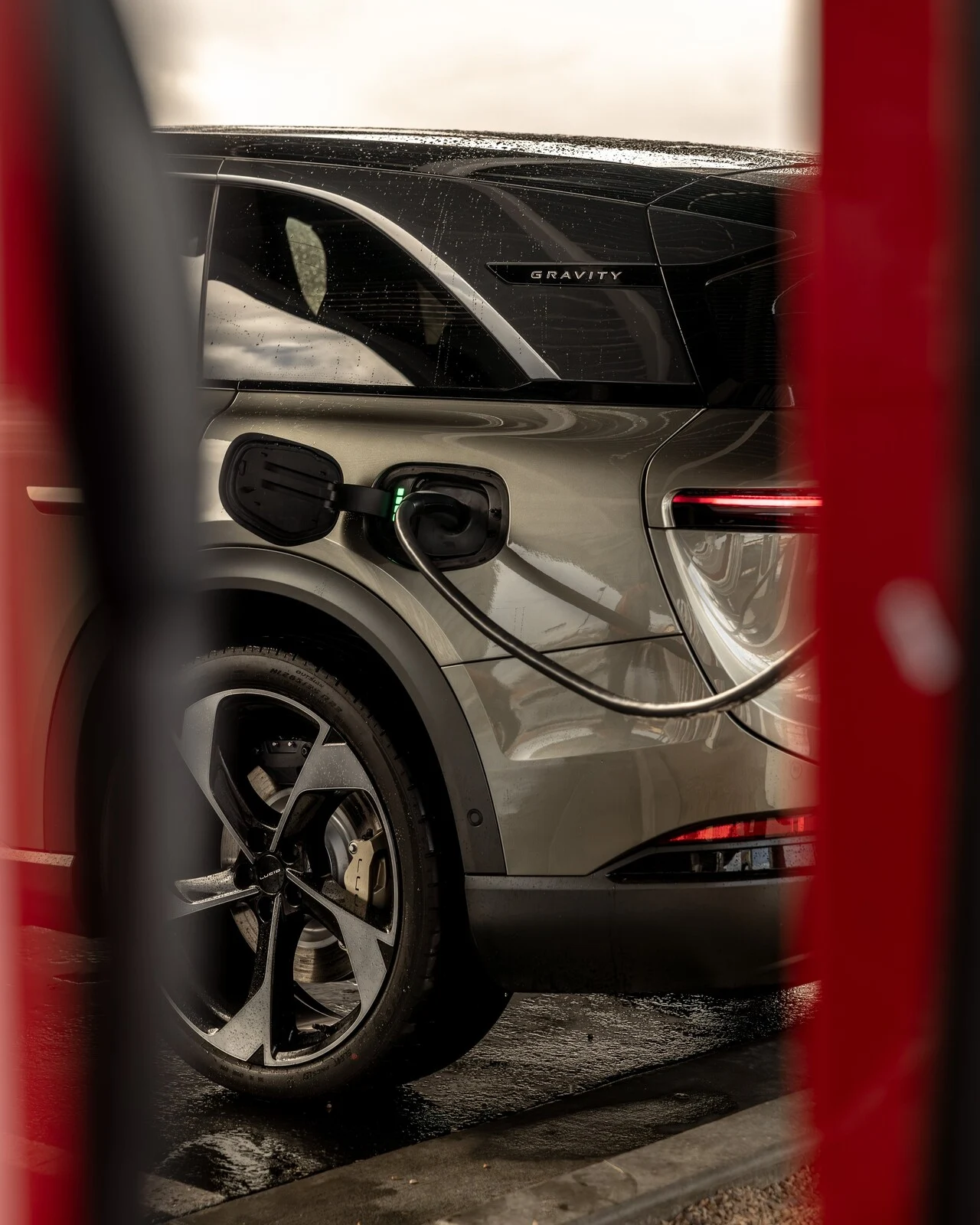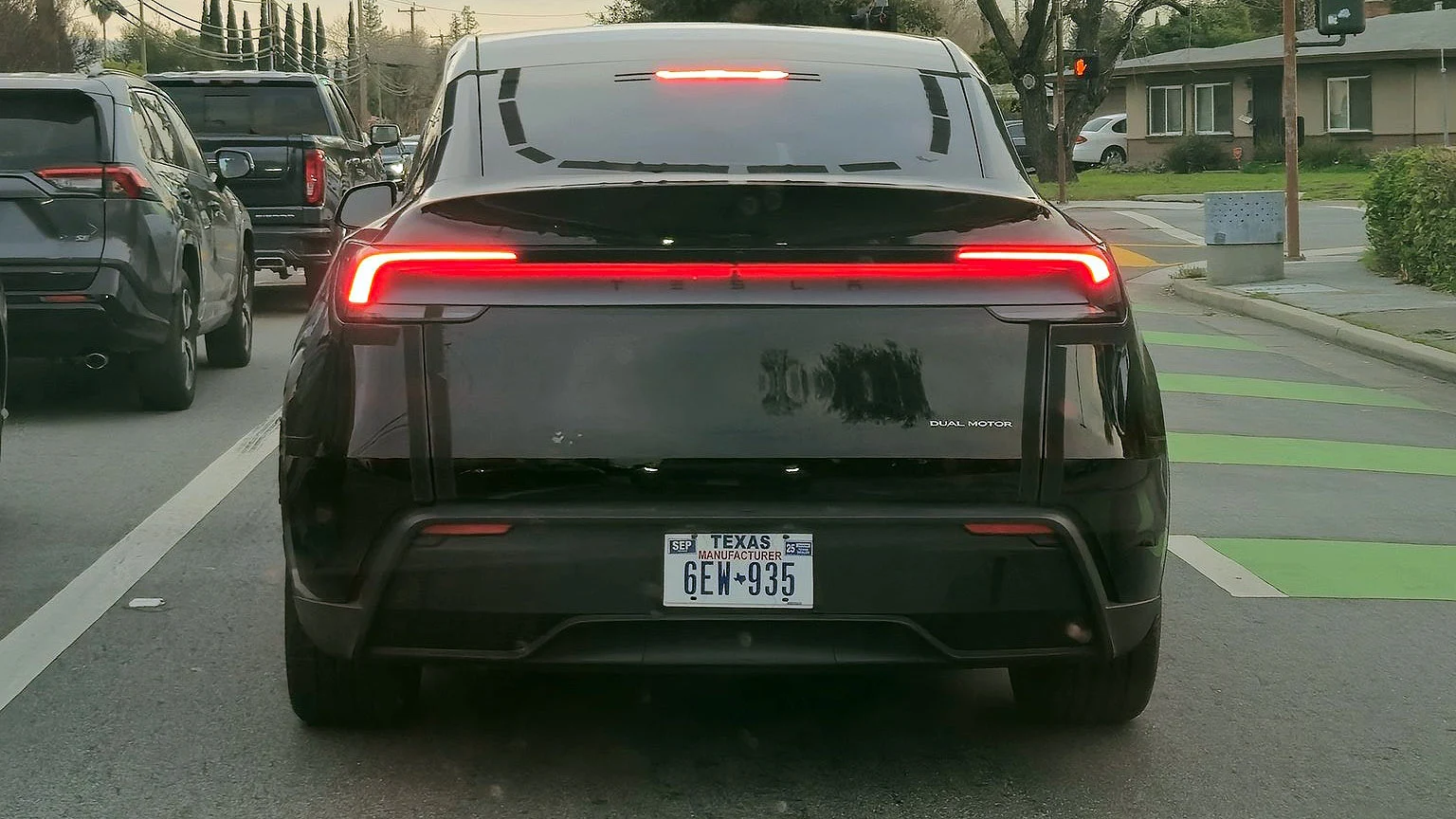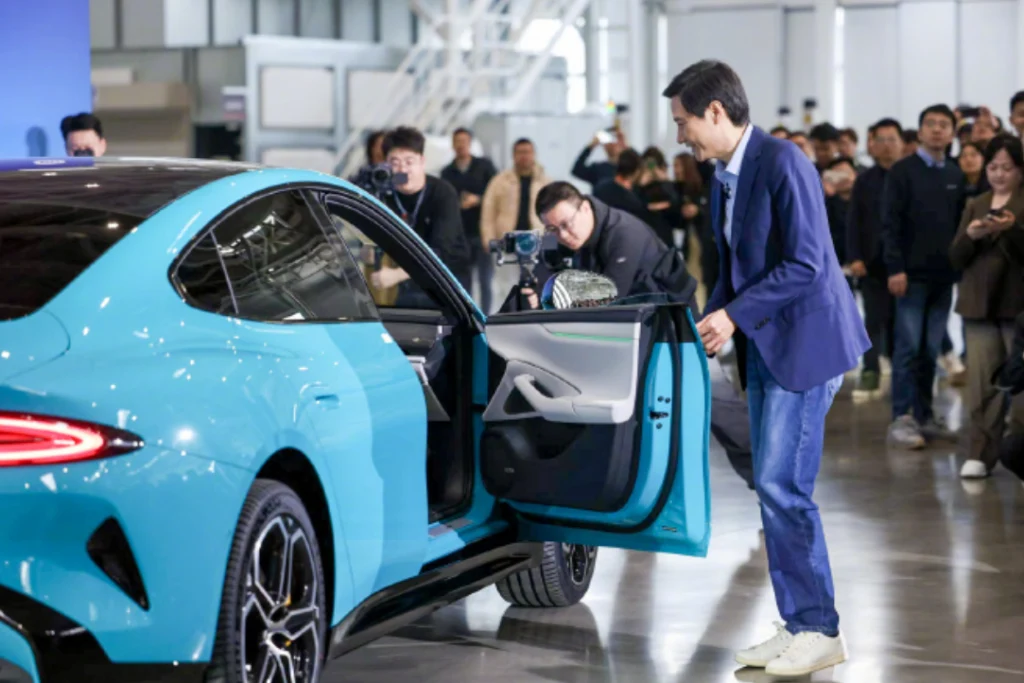When Elon Musk presented at the Cybercab launch event on October 10, he announced that Tesla plans to roll out unsupervised Full Self-Driving (FSD) technology this year. This is intended to serve as the foundation for a robotaxi ride-share platform.
Release Timeline for Autonomous Vehicles
During the Q4 earnings call, Musk provided a timeline for the introduction of driverless Teslas on public roads, referring specifically to the unsupervised FSD. He mentioned that Tesla will deploy a fleet of vehicles, likely including the 2026 Model Y and the updated Model 3 equipped with HW4 technology, in Austin starting in June.
As he stated, “The Teslas will be out there, all alone in June in Austin… We’ll be starting off slowly, just to make sure everything is alright. Our AI solution is generalized, meaning we don’t need super precise local maps. So we want to be careful. It works beyond Austin, we just want to test the waters safely before going all in.”
Expansion Plans Across the U.S.
The robotaxi service, which will utilize Tesla’s own cars, is expected to grow to California and other parts of the U.S. by year-end. Musk shared that once Tesla feels confident about the safety and functionality of its unsupervised FSD and ride-share services, they will open the fleet to Tesla owners in the following year.
“It’ll be our fleet testing it out first. We’re being cautious and monitoring everything closely. But yes, we will have autonomous ride-hailing for payment in Austin come June. Soon after, we hope to expand to other U.S. cities. I believe we’ll be operating unsupervised with our fleet in multiple cities by the year’s end. Then, probably next year, we’ll allow people to add or remove their cars from our fleet. It’s not like we are inventing something entirely new; we just have to ensure all systems work properly, from car ordering to payments.”
Initial Launch Locations
Initially, Tesla indicated it would kick off the unsupervised FSD for the Cybercab service in Texas and California, where regulations on autonomous vehicles are either lenient or already established. It seems they opted for Texas due to a more relaxed regulatory environment.
In December, Tesla organized a training session for first responders in Austin about handling driverless cars, which hinted at its choice of Texas for the first launch of the robotaxi service.
The service will begin with Tesla’s own fleet, followed by the addition of private vehicles from owners willing to share them on the platform for durations ranging from a few hours to several months in 2026. Ultimately, the Cybercab, designed without a steering wheel or pedals, is also expected to debut around 2026.
Source:
Link

